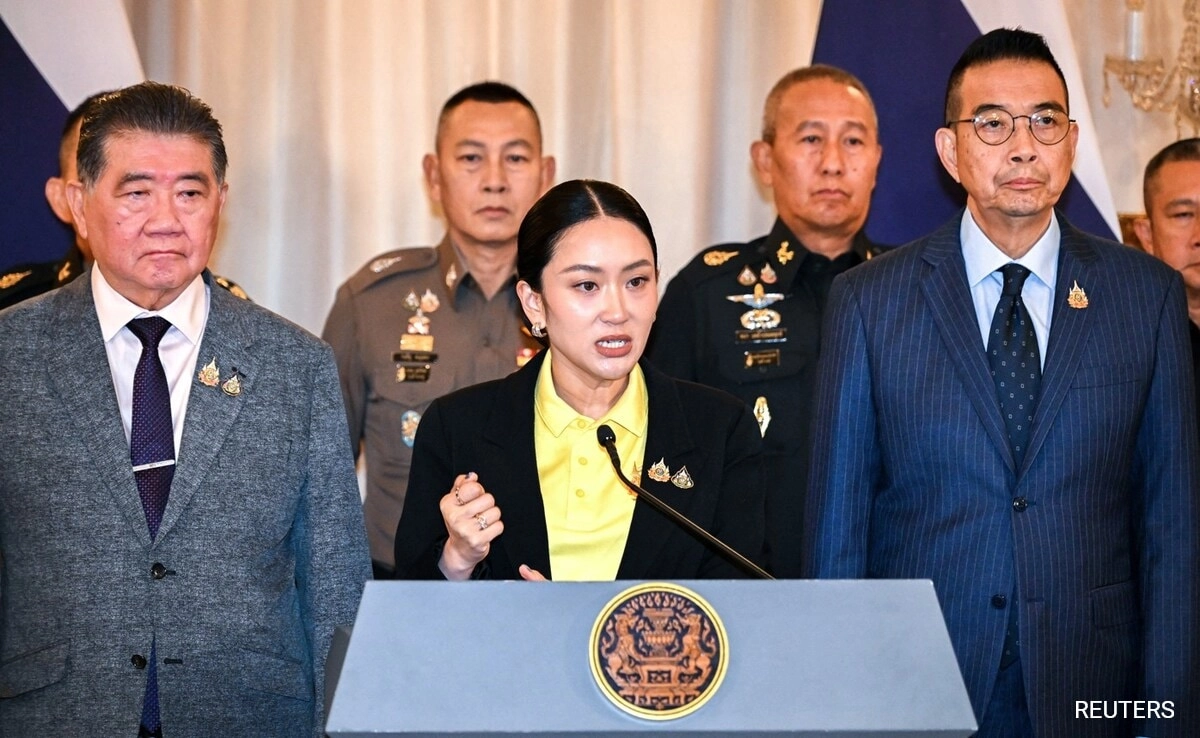In recent discussions about the potential for former President Donald Trump to receive the Nobel Peace Prize, a number of experts have weighed in on the implications of such a recognition. The concept of awarding a Nobel Peace Prize to Trump is laden with complexity, reflecting not just on his diplomatic efforts but also on the broader context of peace and conflict resolution. Many analysts point to Trump’s unorthodox approach to foreign policy, particularly his engagement with North Korea and his efforts to broker peace agreements in the Middle East. These actions, while controversial, have sparked debates about the criteria for the Nobel Prize and what constitutes a significant contribution to peace.
Some experts argue that Trump’s administration achieved notable breakthroughs, such as the Abraham Accords, which normalized relations between Israel and several Arab nations. Proponents of awarding the prize to Trump highlight how these agreements may lead to a more stable and peaceful Middle East. They suggest that recognizing his efforts could encourage further dialogue and cooperation among nations traditionally at odds. However, detractors question the long-term sustainability of these agreements and the underlying motives of the parties involved, emphasizing that peace is not merely the absence of war but also involves addressing systemic issues like inequality and human rights.
Critics of the idea of awarding Trump the Nobel Peace Prize contend that his tenure was marked by divisive rhetoric and policies that often undermined global cooperation. They argue that the Nobel Committee should consider not only the outcomes of diplomatic efforts but also the means by which they were achieved. The contentious nature of Trump’s presidency, characterized by polarizing statements and actions, brings into question the integrity of awarding him a prize typically reserved for those who embody the ideals of peace and solidarity. This debate illustrates the evolving nature of global politics and the challenges of defining what it means to be a peacemaker in today’s world.
Ultimately, the conversation surrounding Trump’s potential Nobel Peace Prize candidacy encapsulates a broader discourse on the intersection of politics, ethics, and international relations. As experts continue to analyze his legacy, the implications of recognizing controversial figures in the realm of peacekeeping remain a pivotal topic. The Nobel Prize’s criteria and its role in promoting genuine peace versus rewarding political maneuvering invite scrutiny and reflection, indicating that the path to peace is often fraught with contention and complexity.




